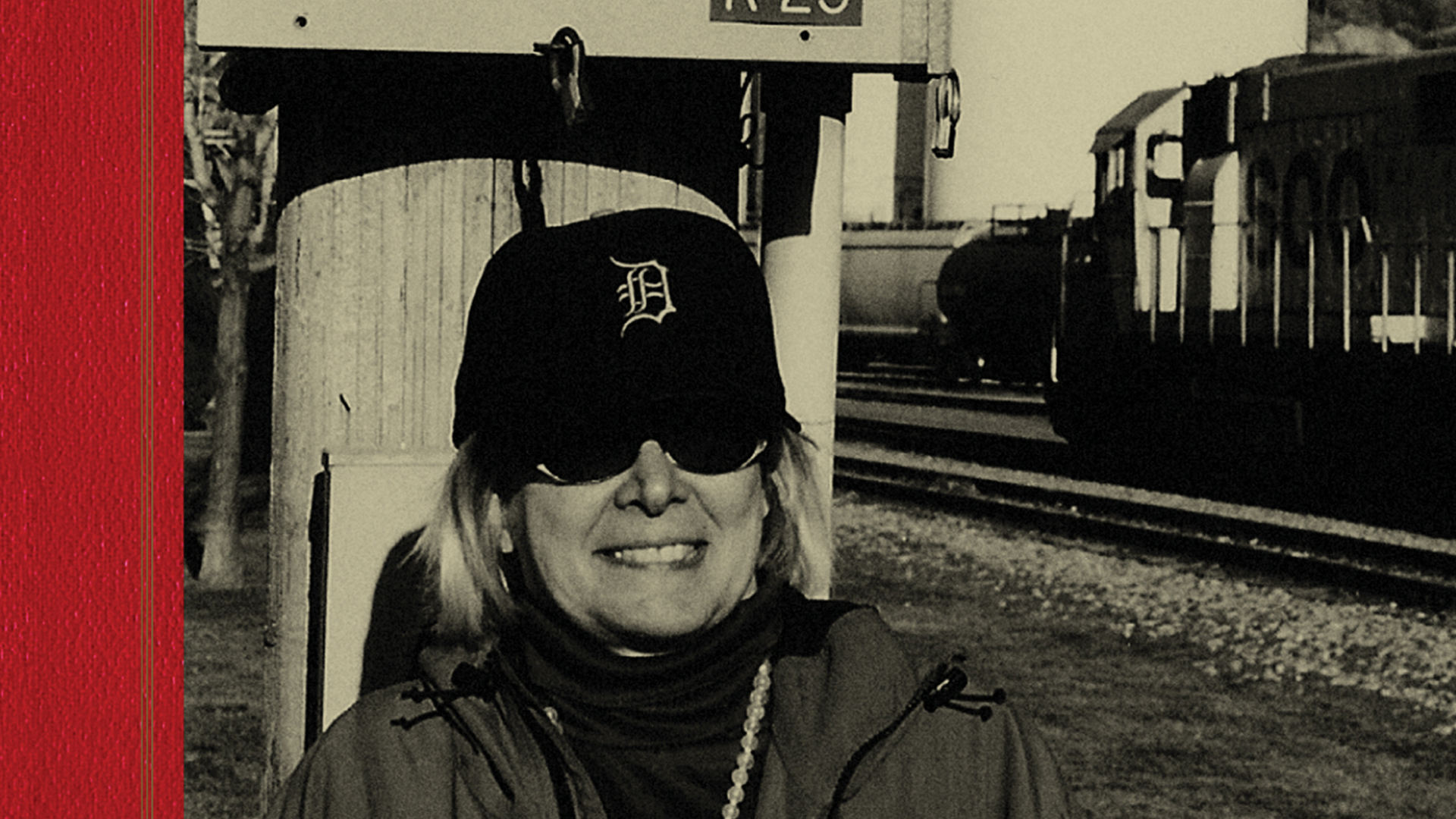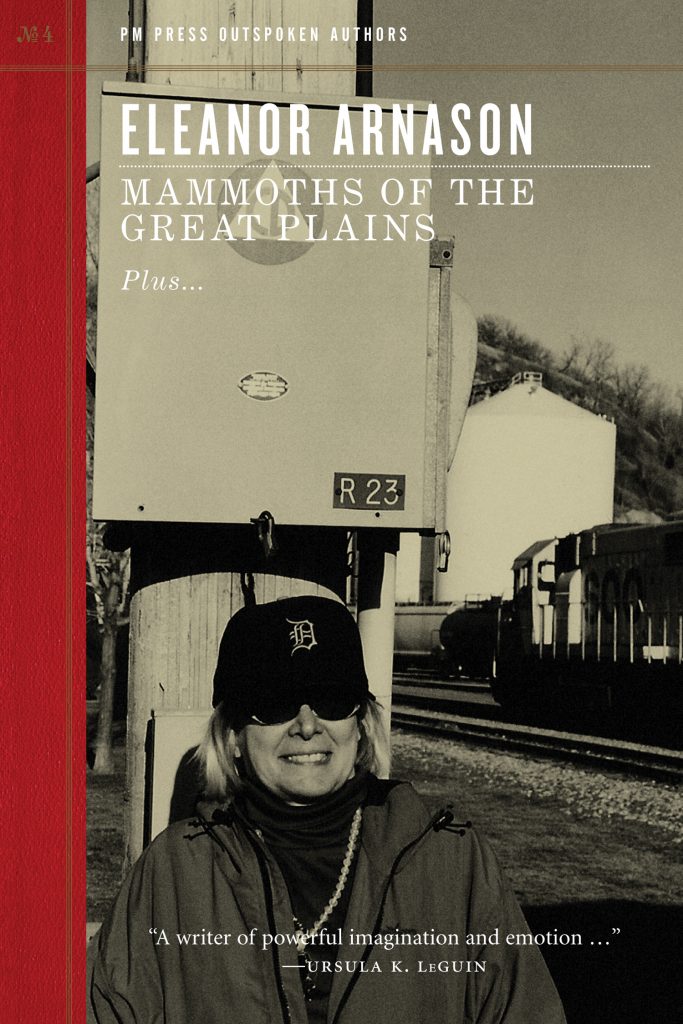By Nisi Shawl
Seattle Times
July 24, 2010
In the field of science fiction, small independent presses are willing to take chances when it comes to supporting fresh, original work. Seattle Times science fiction reviewer Nisi Shawl rounds up three: “Redemption in Indigo” by Karen Lord; “Mammoths of the Great Plains” by Eleanor Arnason; and “The Loving Dead” by Amelia Beamer.
The contest between small independent presses and huge media conglomerates could be won because the little guys are able to take big chances. In science fiction and fantasy, at least, they’re willing and eager to publish minorities and women, and wonderfully fresh debut novels like Karen Lord’s “Redemption in Indigo” (Small Beer Press, 200 pp., $16).
Lord is a well-traveled native of Barbados with a University of Toronto science degree. Using a Senegalese folktale the way a composer uses a musical theme — as a basis for variation — she recounts the fantastical adventures of Paama, who escapes her unfortunate marriage only to be placed in unwitting charge of awesome universal powers.
An enchanted kitchen implement allows Paama to bring the slightest probabilities to pass. At first unconscious of this ability, she rescues a drowning boy and resurrects a plague victim from the dead. Gradually the “undying ones” (known to Paama’s people as “djombi”) teach her how the branching implications of her interference lead to consequences a mere human woman could never foresee. Full of sharp insights and humorous asides (“I know your complaint already. You are saying, how do two grown men begin to see talking spiders after only three glasses of spice spirit?”), “Redemption” extends the Caribbean Island storyteller’s art into the 21st century and hopefully, beyond.
Another risk-taking enterprise, PM Press’ “Outspoken Authors” series, presents “Mammoths of the Great Plains” (PM Press, 128 pp., $12). But this is not Eleanor Arnason‘s first book. A veteran writer of feminist SF, Arnason here creates an alternate history in which woolly mammoths coexist with Native American tribes well into modern times. Some are captured by the Ringling Brothers Circus, others by zoos. One herd becomes a Glacier National Park tourist attraction; the last few survivors die in the 1950s, along with the last guardians of Indians’ oral history.
Lakota biologist Liza Ivanoff follows in her grandmother’s footsteps when she creates a living cloned mammoth from tissues her foremother kept cryogenically preserved. The cloning project is funded by casino monies, and the same monies sponsor murals by an Indian artist. Eventually the idyllic scenes the murals depict become reality: eagles fly over undammed rivers where mammoth herds wade in restored bliss. Pointing up the political message of her fiction, PM Press also includes in this short book an essay by Arnason on the importance of “Writing Science Fiction During World War Three,” and an in-depth interview on her life and activism.
Amelia Beamer’s “The Loving Dead” (Night Shade Books, 240 pp., $14.95) is riskiness of the risqué sort. Trader Joe’s employee Kate encounters her first zombie when she helps her belly-dance instructor fend off the amorous advances of a stranger. Soon the instructor succumbs to zombieism herself — but not before she and Kate make love, excited by pheromones the zombie plague releases at onset.
This sexually transmitted disease, which also turns its victims’ tongues “the color of well-done burger”and gives them an appetite for living human flesh, soon reduces California’s Bay Area to a shambles. Kate and her housemate Michael take refuge on Alcatraz Island with the help of iPhone apps and Googled research on authentic Haitian zombies. Fast-paced yet thought-provoking fun, “The Loving Dead’s” popularity with both chain and independent bookstores proves that taking chances can pay off.
Seattle author Nisi Shawl is the winner of the 2009 James Tiptree Jr. Literary Award for her short-story collection “Filter House,” published by Seattle-based Aqueduct Press.







